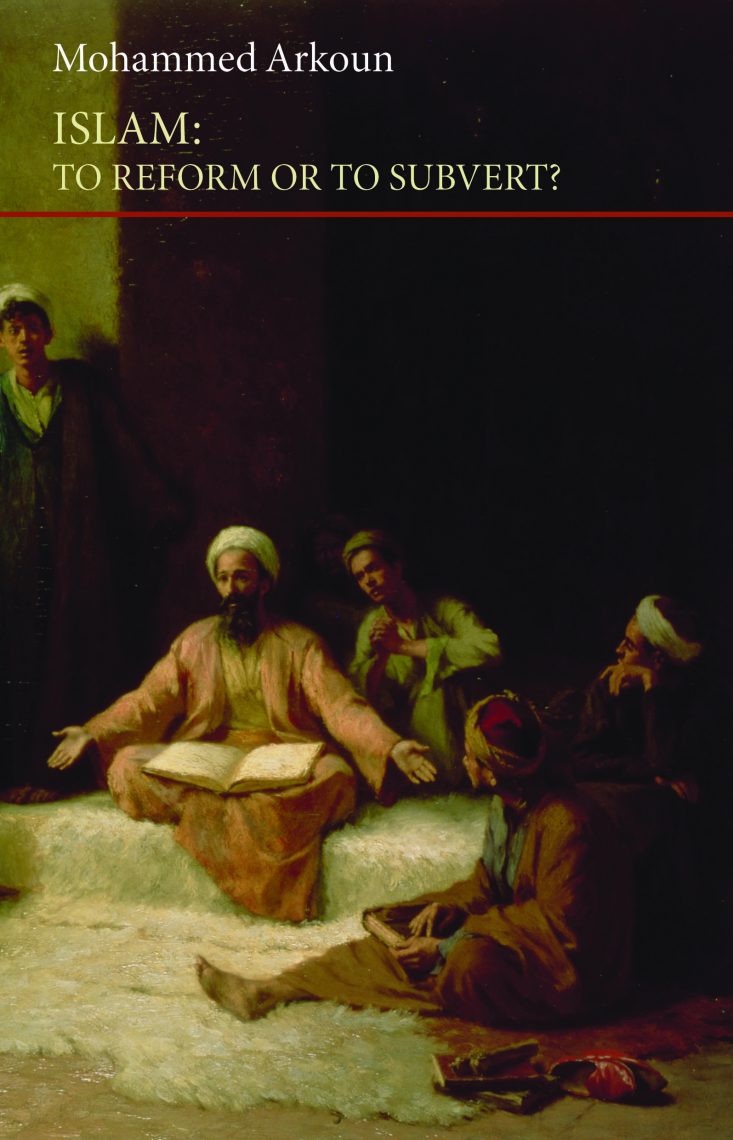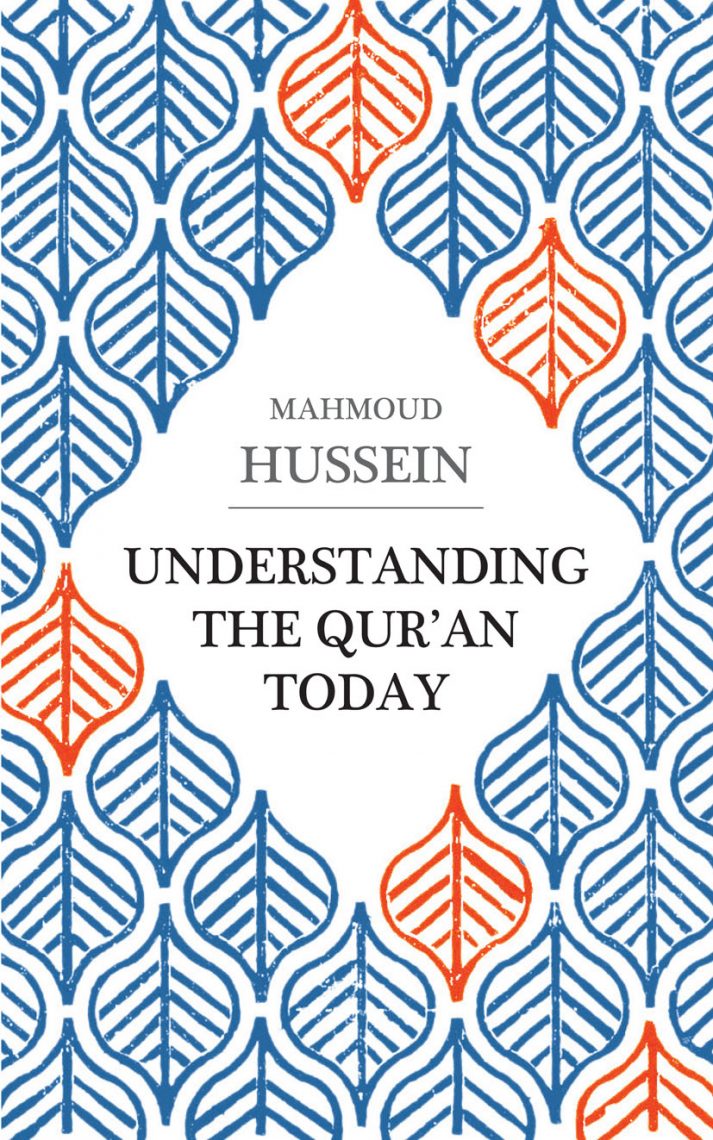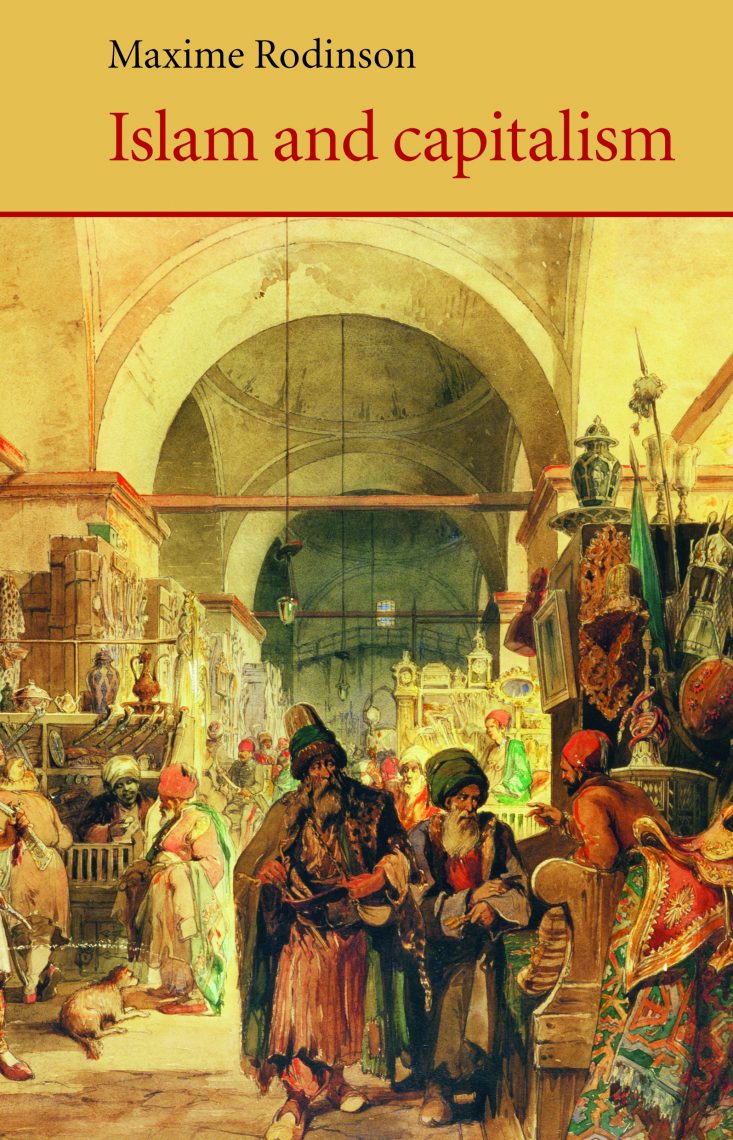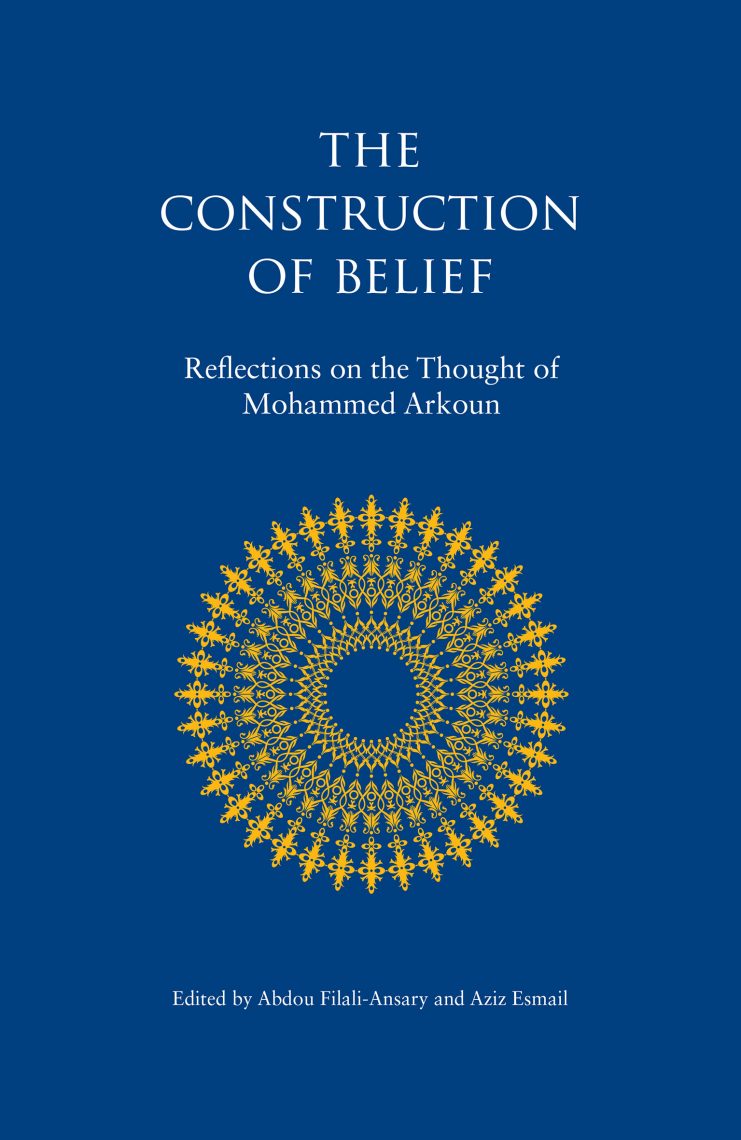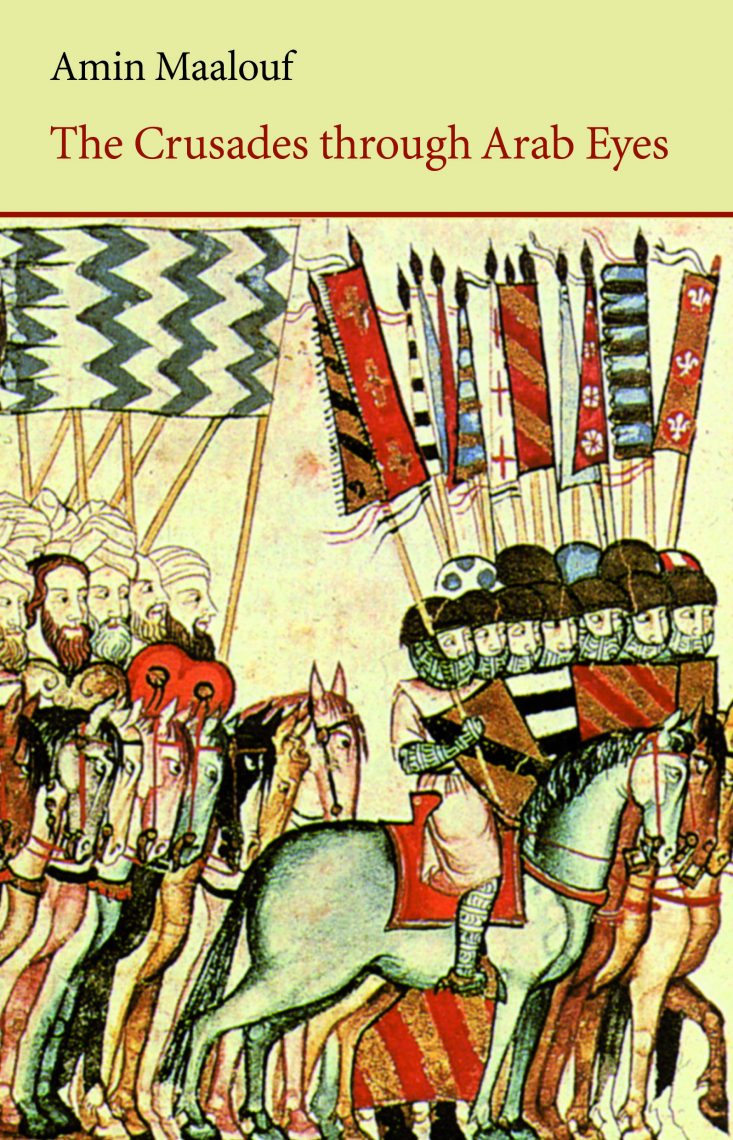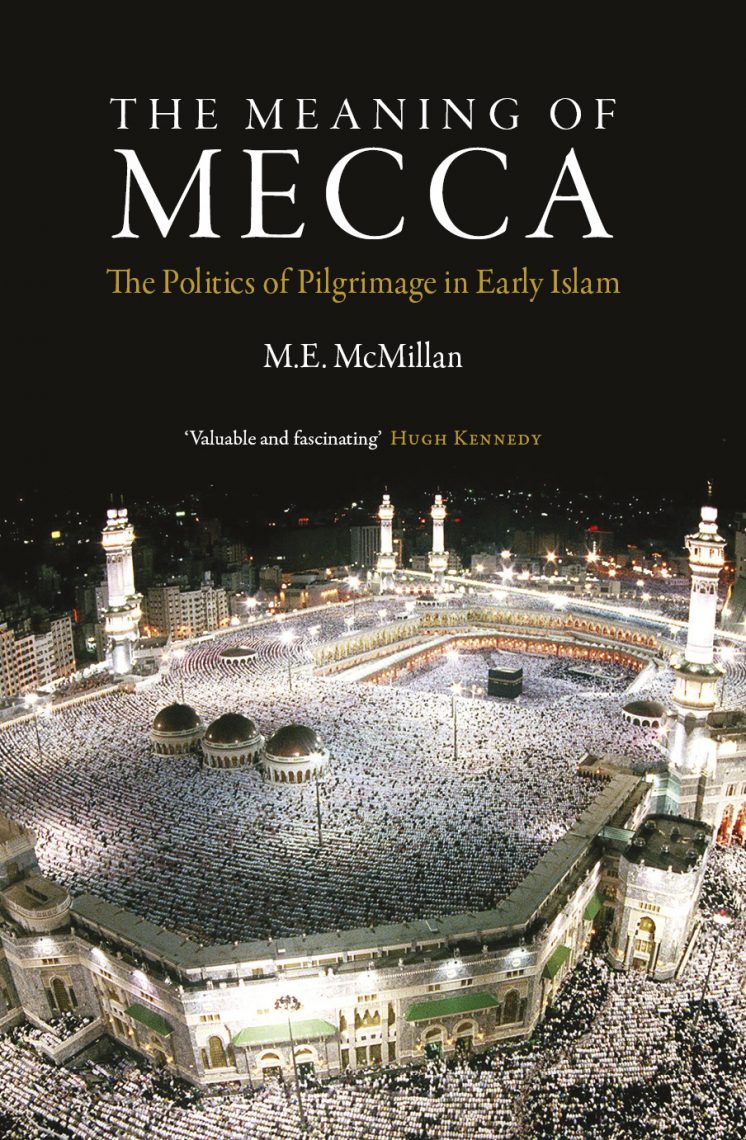
About the Book
The ḥajj, the fifth pillar of Islam, is a religious duty to be performed once in a lifetime by all able Muslims. The Prophet Muḥammad set out the rituals of ḥajj when he led what became known as the Farewell Ḥajj in 10 AH / 632AD. This set the seal on Muḥammad’s career as the founder of a religion and the leader of a political entity based on that religion.
The convergence of the Prophet with the politician infuses the ḥajj with political, as well as religious, significance. For the caliphs who led the Islamic community after Muḥammad’s death, leadership of the ḥajj became a position of enormous political relevance as it presented them with an unrivalled opportunity to proclaim their pious credentials and reinforce their political legitimacy.
Exhaustively researched, The Meaning of Mecca is the first study to analyse the leadership of the ḥajj in the formative and medieval periods and to assess the pilgrimage from a political perspective.
About the Author
M.E. McMillan was awarded a PhD in Islamic History at the University of St Andrews and has worked as a translator for the UN Security Council.
Reviews
'An impressive foundational study covering the Rāshidūn and Umayyad periods. Hopefully it will inspire further work of an equally high standard.’ Richard W. Bulliet, Columbia University, New York
‘This book provides a valuable and fascinating insight into the experience of the ḥajj in the early Islamic period ... Of great interest both to historians and those who want to understand the evolution of this great religious event.’ Hugh N. Kennedy, School of Oriental and African Studies, London
‘This impressive study should be required reading for any serious student or scholar of early Islamic history.’ Journal of Arabian Studies
